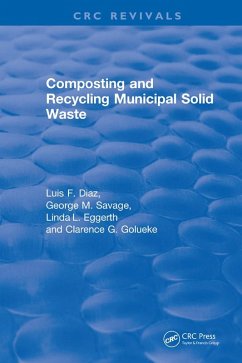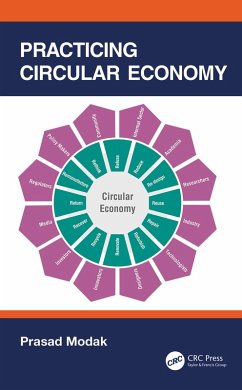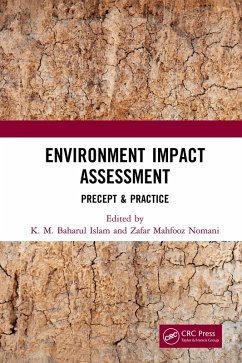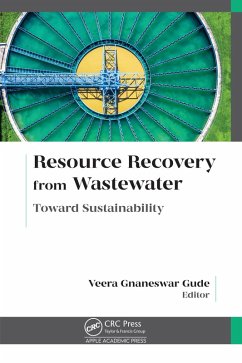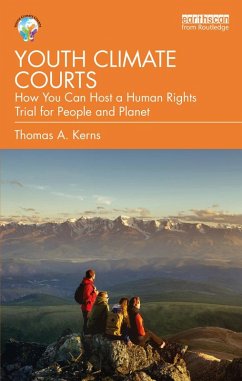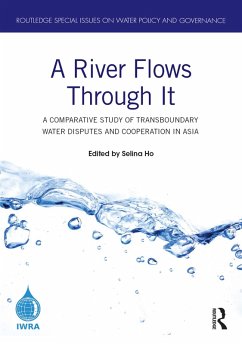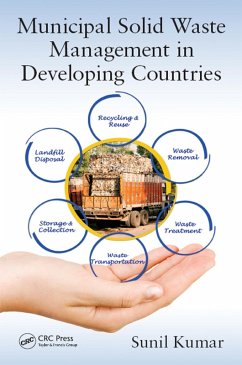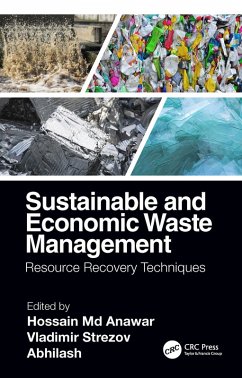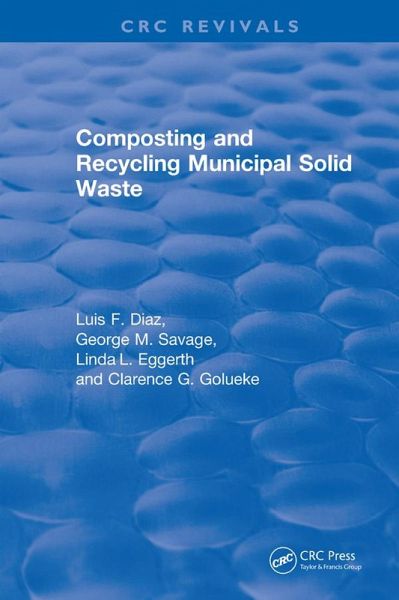
Composting and Recycling Municipal Solid Waste (eBook, ePUB)
Versandkostenfrei!
Sofort per Download lieferbar
61,95 €
inkl. MwSt.
Weitere Ausgaben:

PAYBACK Punkte
31 °P sammeln!
Composting and Recycling Municipal Solid Waste is a comprehensive guide that identifies, describes, explains, and evaluates the options available when composting and recycling municipal solid waste (MSW). The book begins with an introductory chapter on the nature of MSW and the importance of solid waste management programs and resource recovery. Chapter 2 discusses MSW storage and collection, with emphasis on recyclables. Chapter 3 examines issues involved in determining the quantity, composition, and key physical characteristics of the MSW to be managed and processed. The book's other chapter...
Composting and Recycling Municipal Solid Waste is a comprehensive guide that identifies, describes, explains, and evaluates the options available when composting and recycling municipal solid waste (MSW). The book begins with an introductory chapter on the nature of MSW and the importance of solid waste management programs and resource recovery. Chapter 2 discusses MSW storage and collection, with emphasis on recyclables. Chapter 3 examines issues involved in determining the quantity, composition, and key physical characteristics of the MSW to be managed and processed. The book's other chapters cover topics such as the steps required for processing MSW for material recovery, the use of uncomposted organic matter as a soil amendment, composting and use of compost product, the marketing of recyclables, biogasification, and integrated waste management. Composting and Recycling Municipal Solid Waste provides essential information needed by solid waste professionals, consultants, regulators, and planners to arrive at rational decisions regarding available economic and technological resources for MSW composting and recycling.
Dieser Download kann aus rechtlichen Gründen nur mit Rechnungsadresse in A, B, BG, CY, CZ, D, DK, EW, E, FIN, F, GR, HR, H, IRL, I, LT, L, LR, M, NL, PL, P, R, S, SLO, SK ausgeliefert werden.




